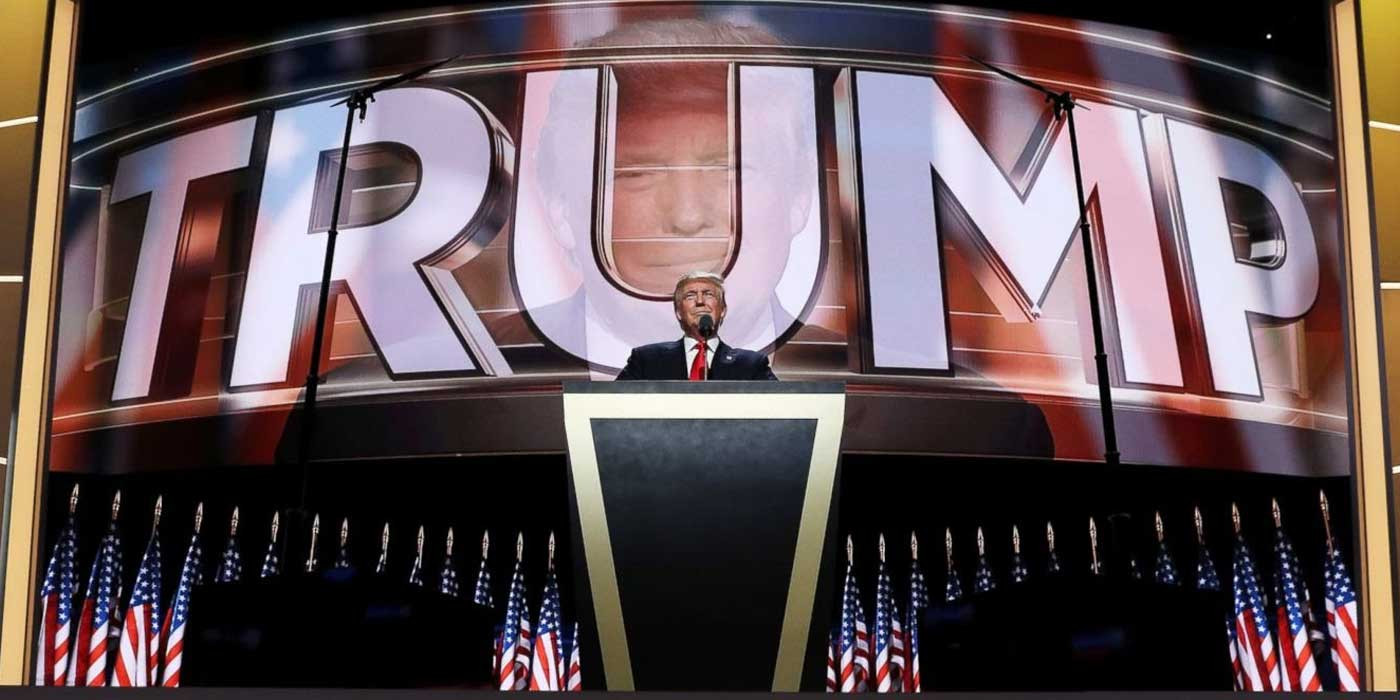Peter Thiel Gives His Perspective on Election 2024 and Various Geopolitical Aspects
Ordinarily the opinions of one tech billionaire would, perhaps, not matter much to the life of an ordinary American. However, in this era of 2024 election and the Technocracy influence, maybe this interview discussion carries a different set of values.
Tech entrepreneur Peter Thiel, the founder of Palantir, an AI enhanced data processing system that streamlines the organization of technological surveillance methods, gives his views on a variety of current political aspects.
I find the interview as little interesting from a few perspectives. First, while generally supporting President Trump, Peter Thiel says he is choosing to stay out of the political influence game in the 2024 general election. Considering the scale of Thiels prior advocacy and specific action he undertook to put JD Vance into office and then into the VP nominee position for Trump – this decision to now ‘step back’ from 2024 seems a big disingenuous.
Second, and directly related to the first point, Thiel -through Palantir contracts- is now directly enmeshed in the Intelligence Community effort to capture and organize surveillance metadata of Americans. Perhaps, just perhaps, this new financial dependency plays a role in influencing his ‘step back’ decision. WATCH:
Other points worth noting relate to how Thiel outlines his perspectives on geopolitical events. When you look at Thiel’s communication abilities and perspectives it really shows you how shallow, small and generally naïve these top-tier influence agents can be.
You can see how there is a big difference between “theory” and practical reality or “practice.” Thiel waxes philosophically about how the human nature of leadership intersects with outcomes. Meanwhile, President Trump represents the practical application of geopolitical policy. Thiel’s thoughts are narrow and small. Trump’s thoughts are consequential, deep and can bring actionable results.
The contrast between Thiel and his co-panels’ theories, when overlaid against President Trump and his factual application of geopolitical leverage, pressure points, focused policy… and applied truthful/direct and brutally honest relationship presentation to world leaders -what Thiel calls “human agency”, really provides substance to the unique scale of Trump.
The “Thiel’s” of the world are talkers; Donald J Trump is a doer. Boy howdy does this discussion of smaller men showcase that dynamic.
Perhaps you can tell from my description that I really do not have any time/tolerance for the small-minded Technocrats that have assembled a power dynamic far beyond their ability.
The Chairman Xi and Vladimir Putin’s of the world look upon this crew of billionaire technocrats like western children allowed to play with very dangerous weapons. I find myself totally understanding why Xi/Putin hold this perspective view.
We are in a dangerous time in history. Technology has allowed a very specific segment of technically smart men and women to assemble power; essentially the technocracy class. However, these people do not have a solid grasp on the axiom that with great power comes great responsibility. They talk like children without care for even the elocution of their discussion points.
Leadership, true leadership, comes from a perspective of structural stability of the mind. Strong leadership has always been a lonely place for those who carry it.
Geopolitical power in an era of technocracy and the interconnectedness of social media platforms and global communication systems requires great internal discipline and mental stability.
President Trump carries the mental strength of powerful leadership combined with relatability that conveys his message to everyone. In many ways his uniqueness is within Trump’s ability to be a bridge between two eras. It is quite remarkable.






Post a Comment